Istanbul’s Currency: How to Acquire and Use It
The Turkish Lira (TL) has been the official currency of Turkey since January 1, 2009, replacing the New Turkish Lira after four years in circulation. This change marked a significant step in the country’s economy, establishing its currency as a symbol of financial stability. If you are planning to visit Istanbul or other Turkish cities, understanding how to manage the local currency, where to exchange money, and adopting best practices to avoid financial inconveniences during your trip is essential. This guide provides a comprehensive overview to help you maximize your budget.
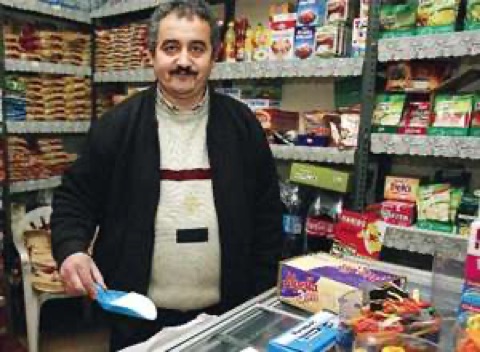
Available Banknotes and Coins
The Turkish Lira is divided into banknotes and coins of various denominations, making it convenient for both small transactions and larger purchases:
- Coins: 1, 5, 10, 25, and 50 kuruş (cents), as well as the 1 lira coin.
- Banknotes: 5, 10, 20, 50, 100, and 200 lira.
It is common for smaller businesses, including taxis, to avoid accepting large denomination banknotes due to difficulties in providing change. Therefore, it is advisable to carry smaller denominations and coins for cash transactions. Always double-check your change to avoid any errors or misunderstandings.
ATMs and Banks
In Istanbul and other Turkish cities, ATMs are widespread and provide a convenient way to withdraw local currency. Most ATMs operate 24/7 and offer multilingual instructions, including English, German, and French. They accept international cards such as Visa, MasterCard, American Express, Cirrus, Maestro, and Eurocard.
Banks typically operate Monday to Friday, from 9:00 AM to 5:30 PM. While banks offer competitive exchange rates and are a reliable option for exchanging money, the process may take longer due to bureaucracy. Some banks also charge additional fees for international transactions.
Where to Exchange Money
There are several options for exchanging money in Istanbul. Here are the most common methods, along with their advantages and disadvantages:
- ATMs: Offer competitive exchange rates and are convenient, although fees may vary depending on your card issuer. They are ideal for withdrawing smaller amounts of cash.
- Currency exchange offices: Located in major tourist areas, these offices typically do not charge additional fees. However, exchange rates may be slightly less favorable than those offered by banks. They are a good option for quick exchanges.
- Banks: Provide favorable exchange rates and are reliable. However, the process can be time-consuming, and some banks may apply fees for international transactions.
- Hotels: Some hotels offer currency exchange services, but their rates are often less competitive. Use them only as a last resort.
- Airports: While exchanging money at the airport is convenient, the exchange rates are usually the least favorable. It is recommended to exchange only small amounts if necessary.
Using Credit Cards
Credit cards are widely accepted in Istanbul, especially in tourist areas. Visa and MasterCard are the most common, while American Express is also accepted at larger establishments such as luxury hotels and restaurants. However, smaller shops, local markets, and some traditional cafés may only accept cash. Always check in advance whether the place you plan to visit accepts cards.
When using credit cards, be mindful of potential international transaction fees applied by your issuing bank. Some cards offer favorable exchange rates and reward programs for international transactions, which can be beneficial during your trip.
Approximate Exchange Rates
Exchange rates vary depending on where you convert your money. As a reference, the approximate rates are:
- 1 US Dollar (USD): approximately 1.85 TL.
- 1 Euro (EUR): approximately 2.50 TL.
It is advisable to check updated exchange rates before conducting any transactions. Use reliable mobile apps or websites to monitor real-time rates. This will help you avoid unfavorable conversions and better plan your expenses.
Practical Tips
To better manage your money in Istanbul, follow these recommendations:
- Carry smaller denominations and coins to facilitate small transactions and avoid issues with change.
- Avoid exchanging large amounts of money at airports, as their exchange rates are typically less favorable.
- If using an ATM, ensure it is located in a secure area, preferably within a bank or in busy zones.
- Always keep receipts from currency exchanges and cash withdrawals for potential claims or tracking expenses.
- Plan your ATM withdrawals to minimize multiple fees. Withdraw enough for several days, but avoid carrying excessive cash for security reasons.
Conclusion
Handling currency in Istanbul is straightforward if you follow these recommendations. From using ATMs to exchanging money at trusted offices, there are multiple options to ensure a smooth and hassle-free experience. Using smaller bills, paying in Turkish Lira, and planning your transactions can save you money and inconvenience. Proper preparation and careful financial management will allow you to fully enjoy this fascinating city, regardless of your budget.

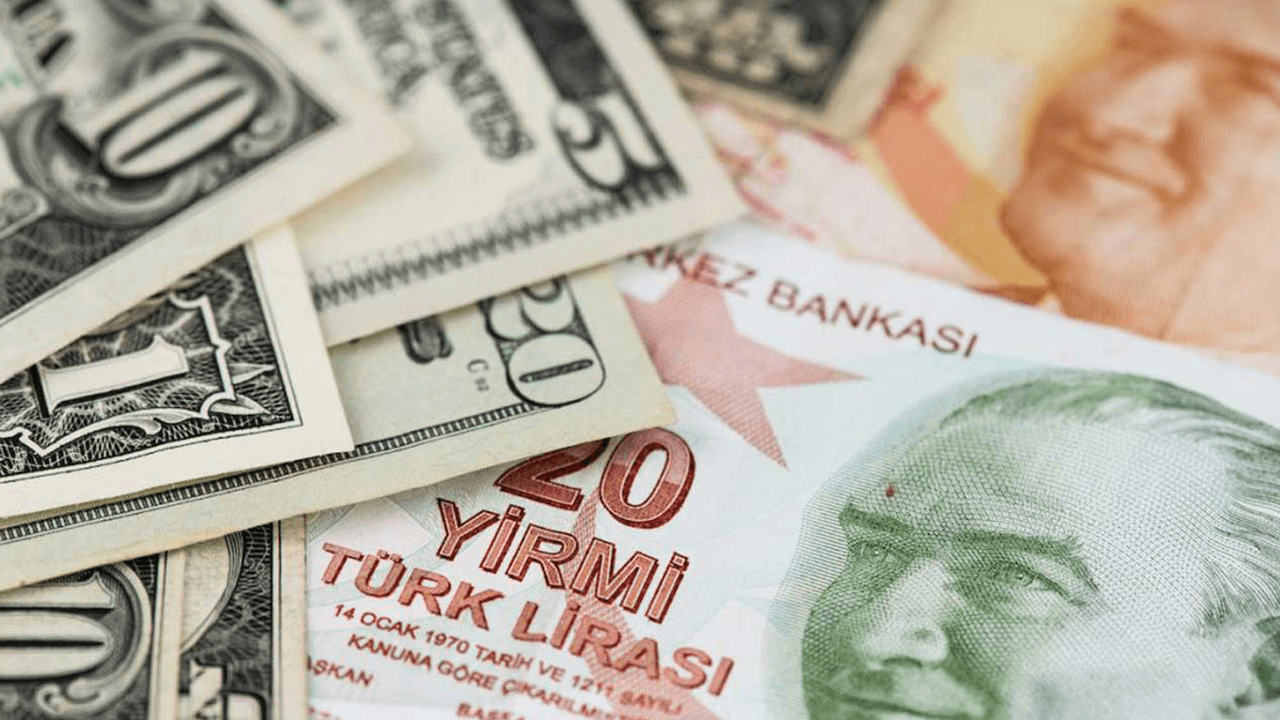
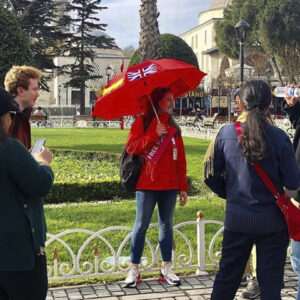






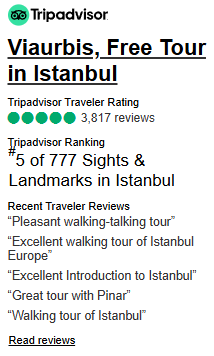
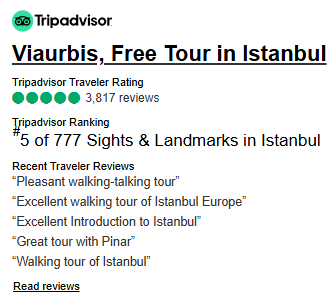



3 thoughts on “Istanbul’s Currency”
★★★★★
My journey to ‘Istanbul’s Currency’ was nothing short of amazing. A must-see for anyone exploring the area!
★★★★★
I was blown away by everything ‘Istanbul’s Currency’ has to offer. Definitely a place to return to in the future.
★★★★★
Learning about and visiting ‘Istanbul’s Currency’ was both fun and educational. Everyone should experience this!